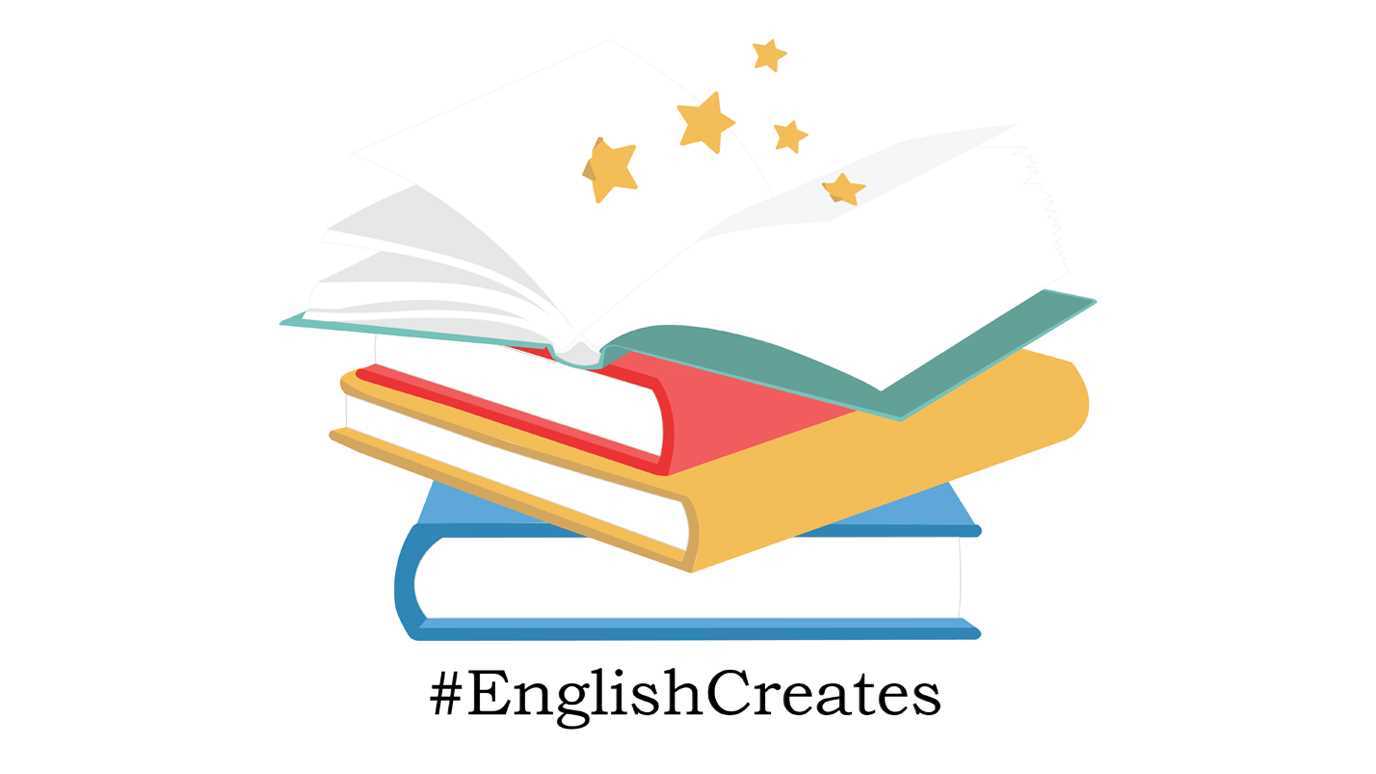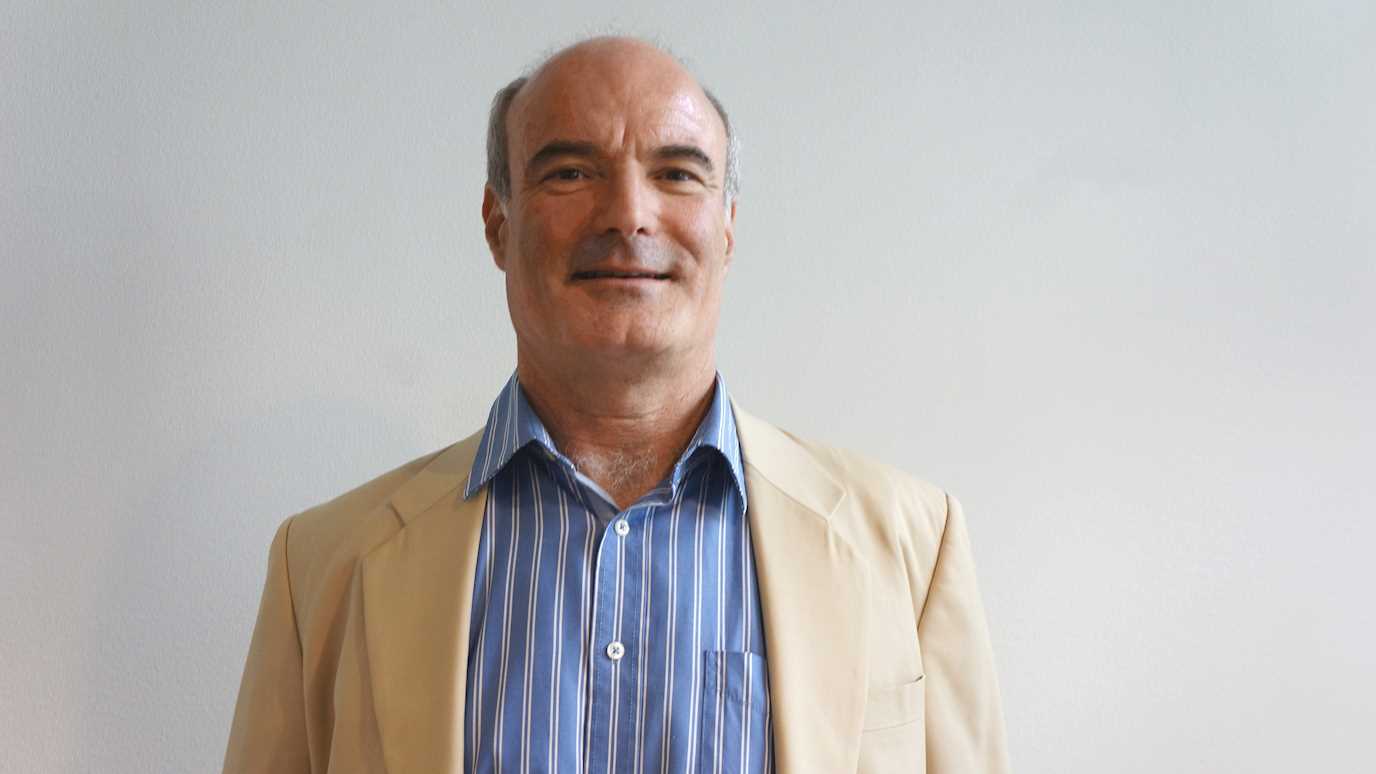Academics at Royal Holloway and Max Planck Institute for Psycholinguistics in the Netherlands have shown that the number of people that speak a language influences how complex its grammar would be.

The English language, for example, which is spoken by millions of people across the world, simply turns a word into a plural by adding an ‘s’ at the end, yet the Welsh language, spoken by far fewer people, changes different words in another way to make them plural.
Up until now, researchers had only noticed the correlation between community size and grammatical complexity, but it was not clear whether community size causes languages to have more or less complex grammar or why that might be the case.
To answer these questions, the academics examined the live formation of languages in a lab, where they had small and large groups of participants play a communication game.
During the game, participants communicated with each other about novel shapes which moved on a screen in different angles – one person would describe a shape they saw on the computer screen to a partner who needed to figure out which of the eight shapes on their screen was the one that their partner was describing. Crucially, the participants couldn’t use English or any other language but had to make up gibberish words to communicate.
After several hours of playing, all groups created new languages, but, the languages that the larger groups created were more systematic. For example, in one of the invented languages, when a certain shape moved to the right, it was called wowo-kk, when the same shape moved up, it was called wowo-ii, and if a different shape moved up, it was called geik-ii.
Shiri Lev-Ari, lecturer from the Department of Psychology at Royal Holloway, said: “By looking at the creation of the languages, we saw why larger communities create more systematic grammars.
“In larger communities there are more versions for each word. This makes comprehension difficult and pushes the speakers to create structure that would make communication easier.”
Limor Raviv, PhD student from the Psychology of Language Department, Max Planck Institute for Psycholinguistics and the lead author of the paper, explained: “Having such a structure makes the language easier to learn.
“That’s because instead of learning a new word for every possible scenario, you only need to learn the words for the shapes (wowo, geik) and directions (ii, kk), and then combine them.”
Shiri Lev-Ari added: “One of the main questions in language research is why languages are the way they are and why they are different from each other. This study shows that one of the reasons that languages differ from each other is because they are spoken in different communities.
“The results of the study might also help us understand when language evolved. It could suggest that when people started to live in larger groups it pushed them to create grammar in their communication system, and that way make their communication more language-like.”
More information on the research paper, Larger communities create more systematic languages, can be found here.
























